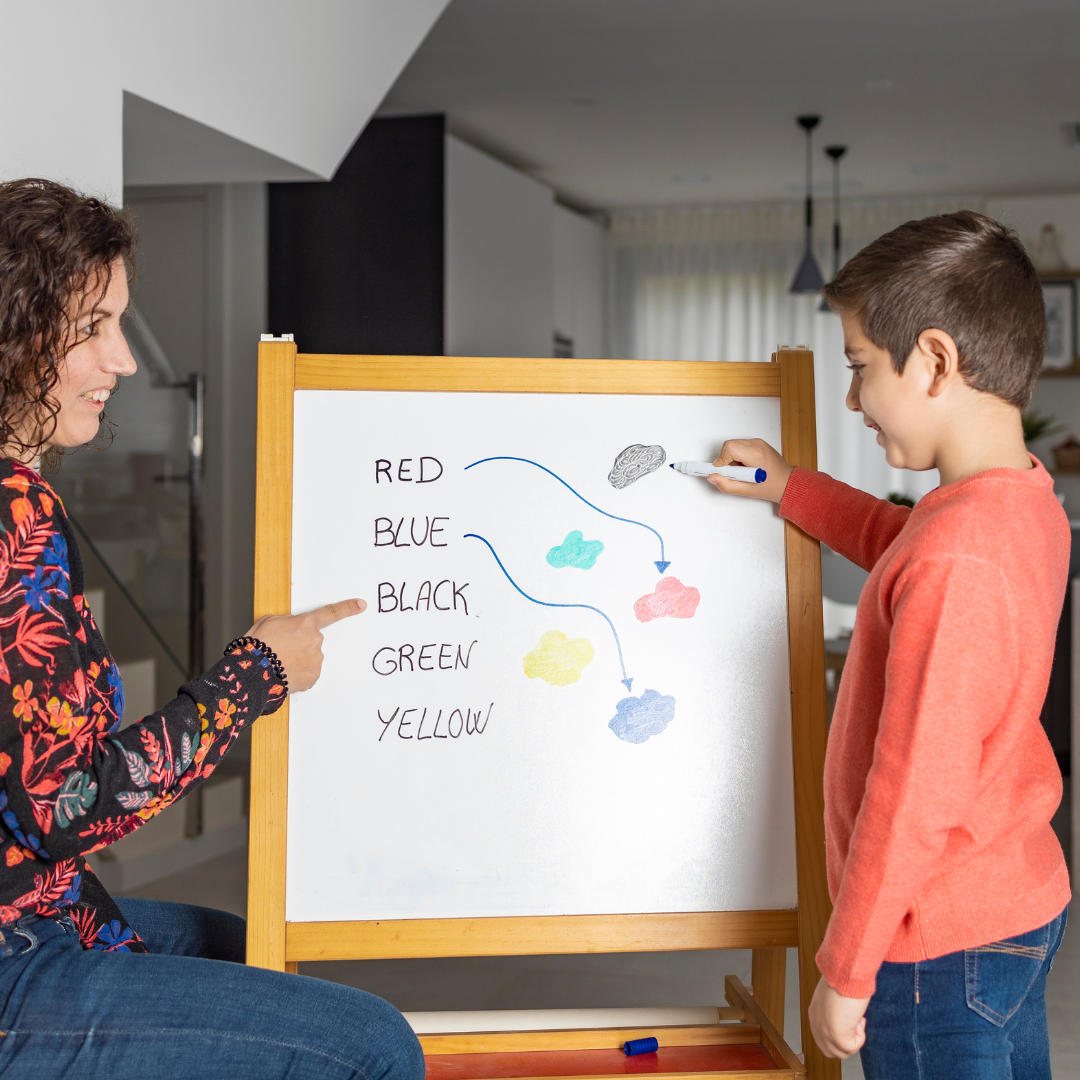Addressing the Impact of Racism and Radicalization on Students: A Call for Action in Schools
Surprised? By Nicola Bailey (Assistant Head Teacher)
Were you surprised? Some people’s response will be YES! They were surprised at the nationwide riots by ‘protestors’, fuelled by racialised narratives following the tragic murder of 3 young girls. However, for many, there was no shock factor, as what they witnessed was the epitome of bubbling tensions stoked by key figures, who postulated racial prejudices that falsely incriminated Global Majority communities for nationwide political and economic issues.
However, despite personal reaction to the riots, as Senior Mental Health leads, we must uphold a child-centred view of the events as in September school doors will be opened to children who have been exposed to harrowing incidents of hate-filled violence. Some may have been directly impacted, having their own or family’s houses, hometowns, places of worship etc. ransacked and violated. Others may experience a vicarious impact hearing stories or watching news clips that made them aware of the implications of the looting for people that look like them. Other children may have Global Majority friends, or relatives forcing them to process and ‘make sense’ of the protests. Then, there are the children, as young as 11, who were radicalised to openly commit acts of terrorism during their summer holidays. The words radicalisation and terrorism may sit uncomfortably with some. However, without explicit terminology highlighting the severity of the racist violence, there will remain an unchallenged denial of the growing numbers of children indoctrinated by right-wing propaganda.
Yet amidst the current racial tensions all students will be expected to amicably coexist, despite some feeling anxious, scared or angered by the riots. This is a concern as only 1/3 of teachers have received anti-racism training and less feel comfortable with managing racist incidents. Therefore, many students may be unable to access the appropriate support they need, leaving them in a psychologically vulnerable state. The vulnerability of some students is just one of many reasons why school leaders must acknowledge that racism in schools exists and that it is a safeguarding issue!
KCSIE 2024 states “All schools and colleges have a legal duty to safeguard and promote the welfare of pupils.”, with this in mind it is incumbent on schools to stop purporting that they are against racism and instead become anti-racist. Senior Mental Health leads can play a pivotal role in this action by creating a psychologically safe environment where educational experiences are underpinned by a culture of belonging for ALL students. This includes transparent conversations about racism with Senior leaders, alongside high-quality staff training that highlights the connections between racial experiences and mental health. Audits and reviews should be used to gain stakeholder perceptions, whilst Mental health policies and procedures should be co-produced to ensure strategies are in place to counter racism through robust curriculums and appropriate reporting and response procedures.
Without imminent action from government, education leaders and Senior Mental-health leads we will again be shocked- or maybe not, in a few years when again, our children are engulfed in race riots resembling those of the Summer of 2024.
· Safeguarding Global Majority children in the context of KCSIE 2024 » LGfL (bookinglive.com)
· How to spot the signs your child is involved in the far right The Independent




